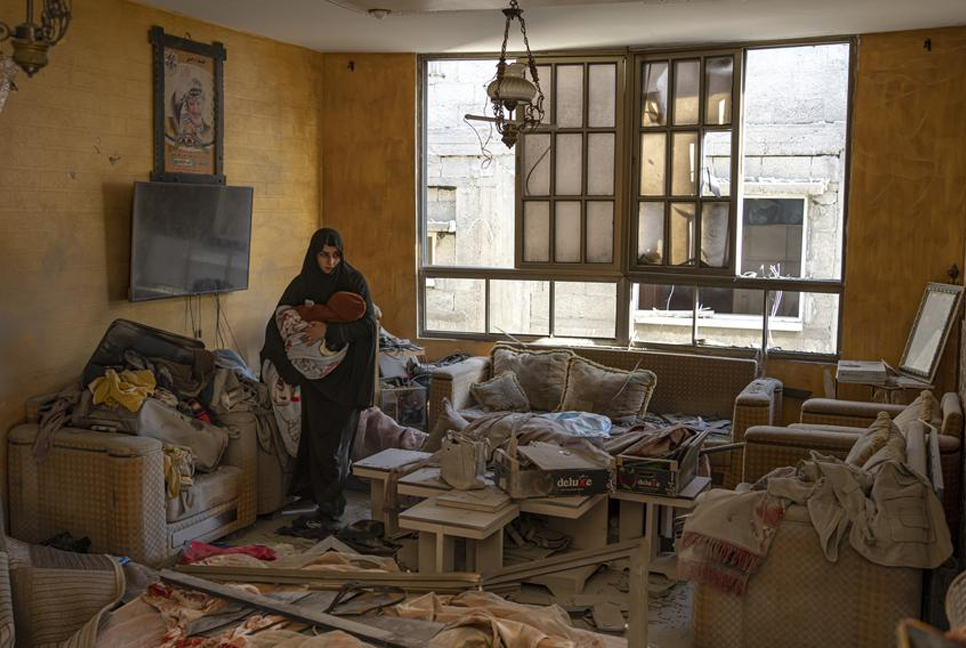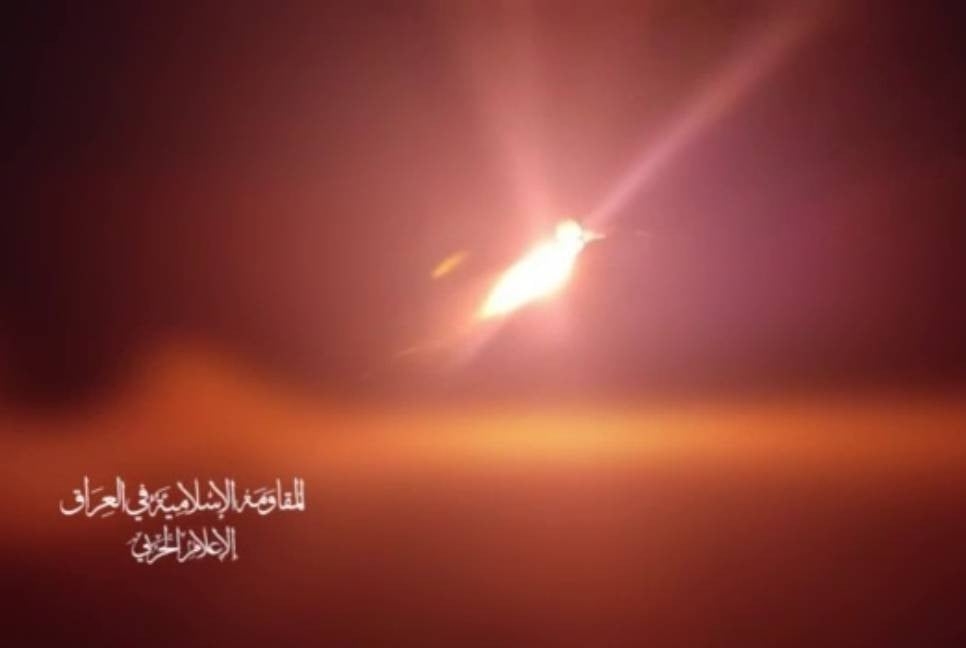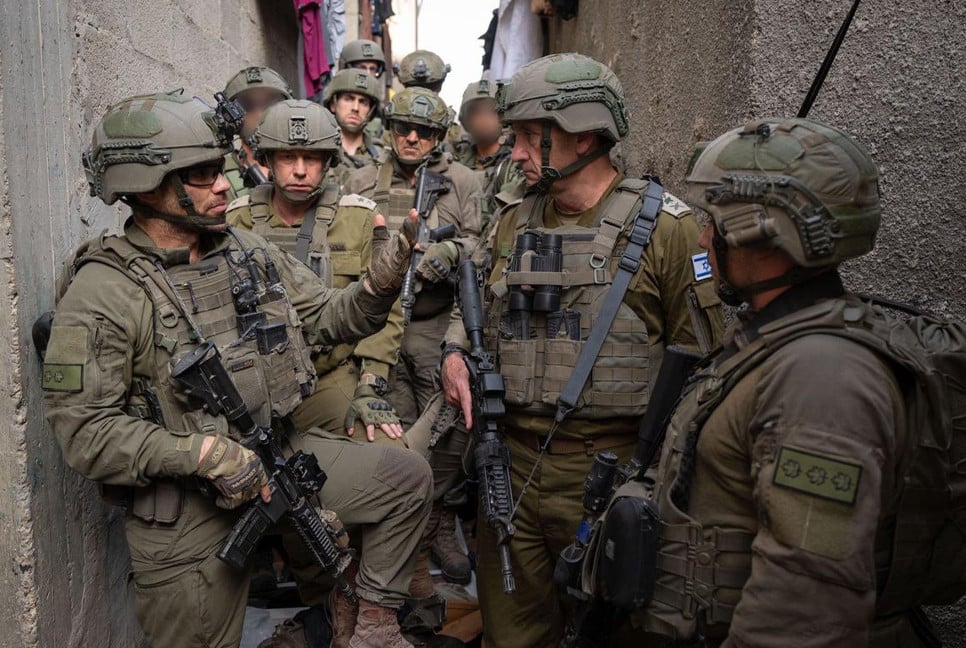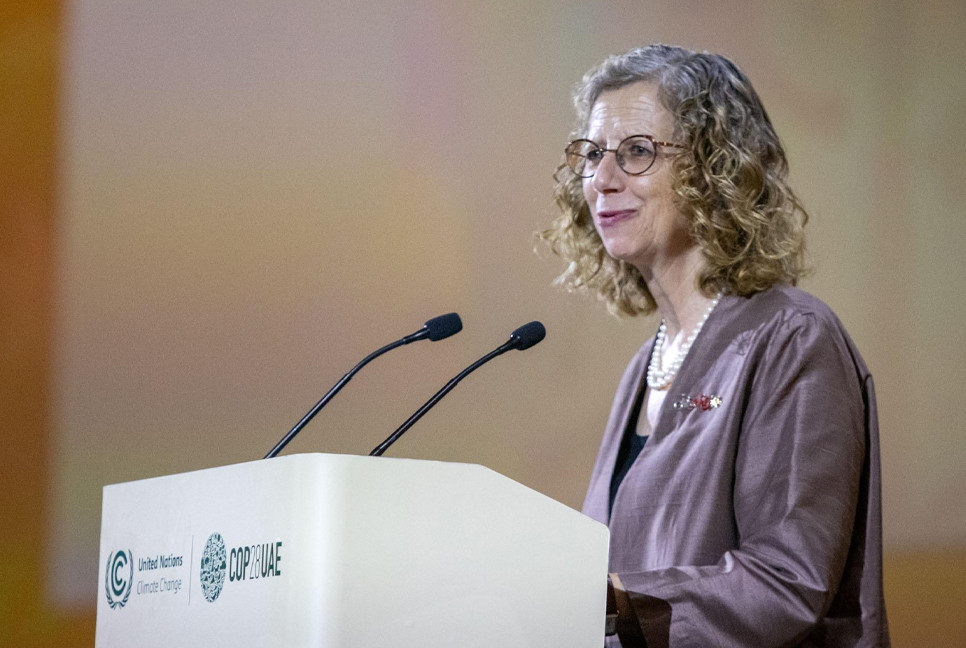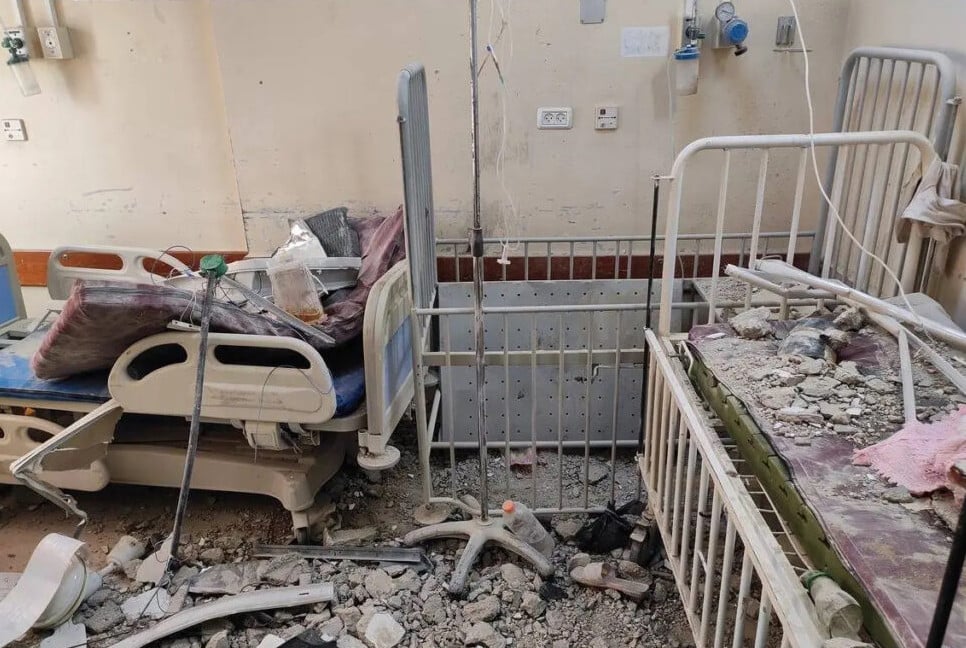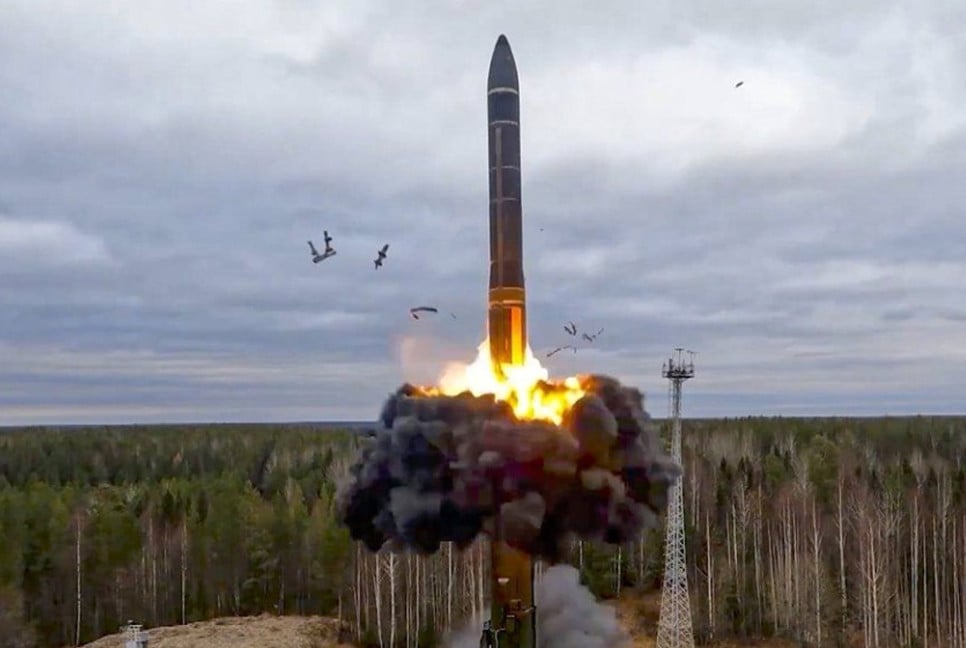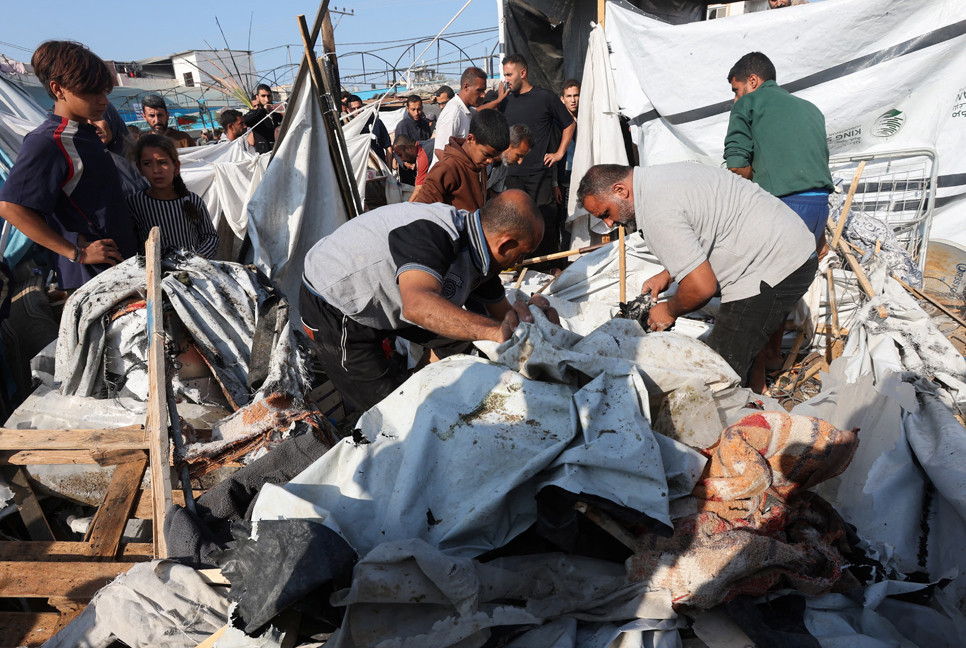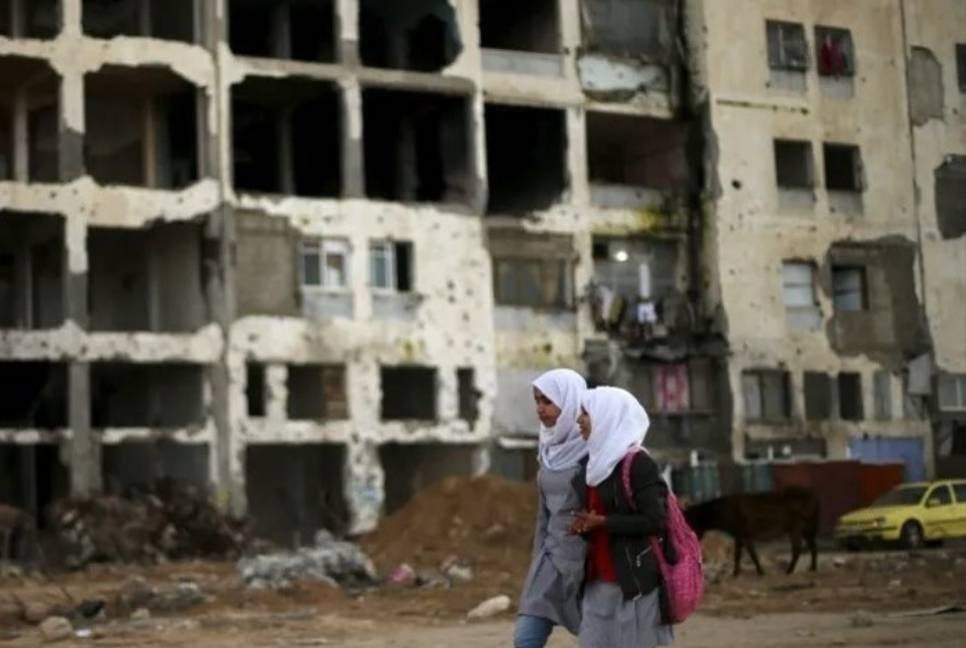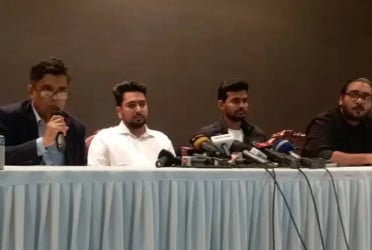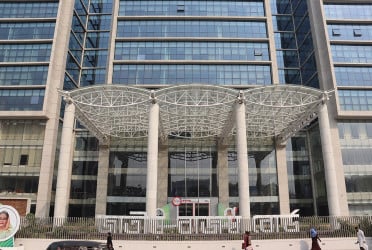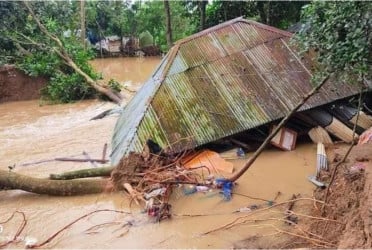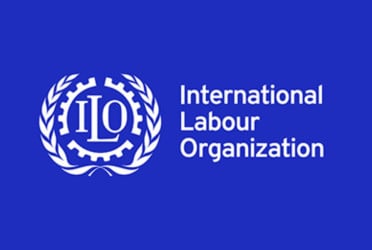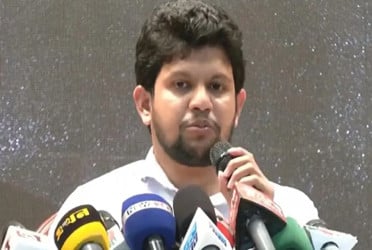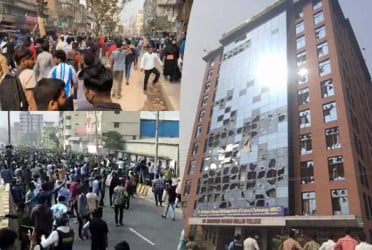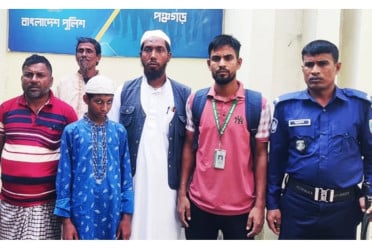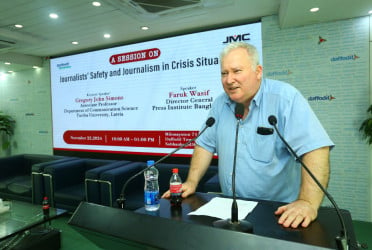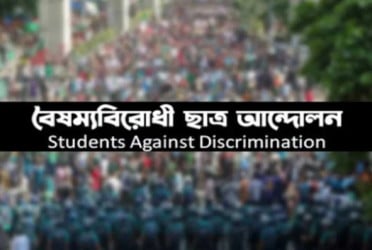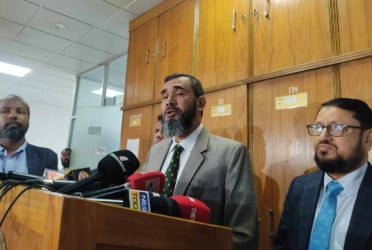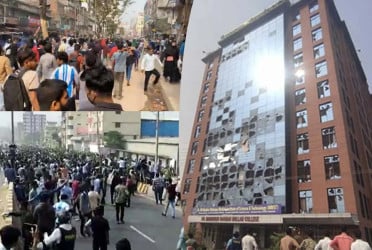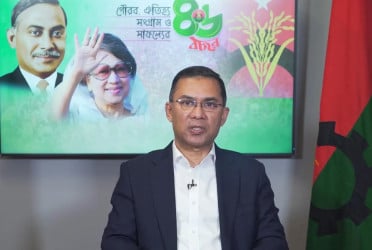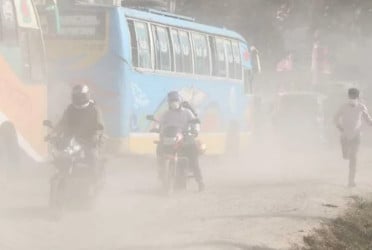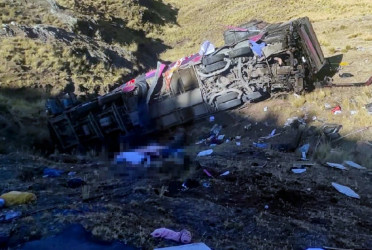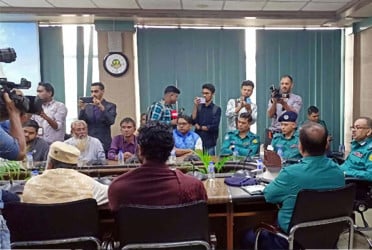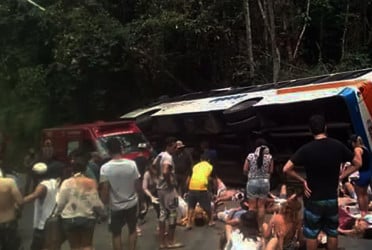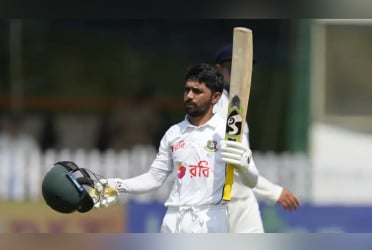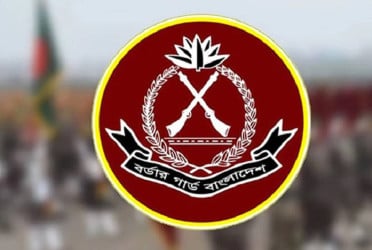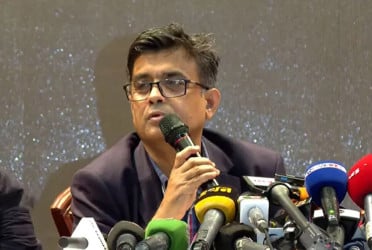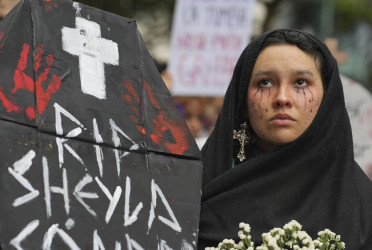Israel's military pushed ahead with its punishing air and ground offensive in Gaza on Saturday, bolstered by a U.S. veto derailing U.N. Security Council efforts to end the war and word that an emergency sale of $106 million worth of tank ammunition had been approved by Washington, reports UNB.
Unable to leave Gaza, a territory 25 miles (40 kilometers) long by about 7 miles (11 kilometers) wide, more than 2 million Palestinians faced more bombardment Saturday, even in areas that Israel had described as safe zones.
The sale of nearly 14,000 rounds of tank ammunition was announced a day after the U.S. vetoed a U.N. Security Council resolution demanding an immediate cease-fire in Gaza, a measure that had wide international support. The U.S. said Secretary of State Antony Blinken determined that “an emergency exists” in the national interest requiring the immediate sale, meaning it bypasses congressional review. Such a determination is rare.
A day after Israel confirmed it was rounding up Palestinian men for interrogation, some men released Saturday told The Associated Press they had been treated badly, providing the first accounts of the conditions from the detentions.
Osama Oula said Israeli troops had pulled men out of a building in the Shujaiyah area of Gaza City, ordering them to the street in their underwear. Oula said Israeli forces bound him and others with zip ties, beat them for several days and gave them little water to drink.
Ahmad Nimr Salman showed his hands, marked and swollen from the zip ties, and said older men with diabetes or high blood pressure were ignored when they asked soldiers to remove their ties.
He said the troops asked, ”‘Are you with Hamas?’ We say ‘no,’ then they would slap us or kick us." He said his 17-year-old son Amjad is still held by the troops.
The group was released after five days and told to walk south. Ten freed detainees arrived at a hospital in Deir al-Balah on Saturday after flagging down an ambulance.
The Israeli military had no immediate comment when asked about the alleged abuse.
With the war in its third month, the Palestinian death toll in Gaza has surpassed 17,700, the majority women and children, according to the Health Ministry in the Hamas-controlled territory. The ministry does not differentiate between civilian and combatant deaths.
Two hospitals in central and southern Gaza received the bodies of 133 people from Israeli bombings over the past 24 hours, the Health Ministry said midday Saturday.
Israel holds the Hamas militants responsible for civilian casualties, accusing them of using civilians as human shields, and says it has made considerable efforts with evacuation orders to get civilians out of harm’s way. It says 97 Israeli soldiers have died in the ground offensive after Hamas raided southern Israel on Oct. 7, killing about 1,200 people, mostly civilians, and taking about 240 hostages.
Hamas said Saturday that it continued its rocket fire into Israel.
In Gaza, residents reported airstrikes and shelling, including in the southern city of Rafah near the Egyptian border — one area where the Israeli army had told civilians to go. In a colorful classroom there, knee-high children's tables were strewn with rubble.
“We now live in the Gaza Strip and are governed by the American law of the jungle. America has killed human rights," said Rafah resident Abu Yasser al-Khatib.
In northern Gaza, Israel has been trying to secure the military’s hold, despite heavy resistance from Hamas. The military said that it found weapons inside a school in Shujaiyah, a densely populated neighborhood of Gaza City, and that, in a separate incident, militants shot at troops from a U.N.-run school in the northern town of Beit Hanoun.
More than 2,500 Palestinians have been killed since the Dec. 1 collapse of a weeklong truce, about two-thirds of them women and children, according to Gaza’s Health Ministry.
The truce saw hostages and Palestinian prisoners released, but Israel says 137 hostages remain in Gaza.
On Saturday, a kibbutz that came under attack on Oct. 7 said 25-year-old hostage Sahar Baruch had died in captivity. His captors said Baruch was killed during a failed rescue mission by Israeli forces Friday. The Israeli military said Hamas killed him.
With no new cease-fire in sight and humanitarian aid reaching little of Gaza, residents reported severe food shortages. Nine of 10 people in northern Gaza reported spending at least one full day and night without food, according to a World Food Program assessment during the truce. Two of three people in the south said the same. The WFP called the situation “alarming.”
“I am very hungry,” said Mustafa al-Najjar, sheltering in a U.N.-run school in the devastated Jabaliya refugee camp in the north. “We are living on canned food and biscuits and this is not sufficient.”
While adults can cope, “it’s extremely difficult and painful when you see your young son or daughter crying because they are hungry,” he said.
Israelis who had been taken hostage also saw the food situation deteriorate, the recently freed Adina Moshe told a rally of thousands of people in Tel Aviv seeking the rapid return of all. "We ended up eating only rice,” said Moshe, who was held for 49 days.
Bd-pratidin English/Tanvir Raihan

